|
|
|
|
The African Union is more often in the news for things it fails to do than for its accomplishments. This week it faced a test of credibility – would it appoint a woman to a job considered to be the chief operation officer of the institution, and a person committed to continuing the drive for institutional reform? As Linda Darkwa explains, the AU passed the test by electing Monique Nsanzabaganwa, the former deputy governor of the Rwandan
Central Bank, to the post.
Women have historically also found it hard to get traction in science, technology, engineering and mathematics (known as STEM) fields. Less than a third of those who choose these subjects at university level are women. The reasons for this are multifaceted, as is clear from the stories shared by four leading African women scientists. Becoming pre-eminent scientists required grit and a determination to ignore all the naysayers along the
way.
For many women, powerful mentors can make all the difference to their lives. Nomfundo Xaluva shares a personal account of the impact that the iconic singer Sibongile Khumalo had on her life as well as the South African art community at large. And how she left behind a gift beyond music.
|
Godfred Boafo
Commissioning Editor: Ghana
|

|
|
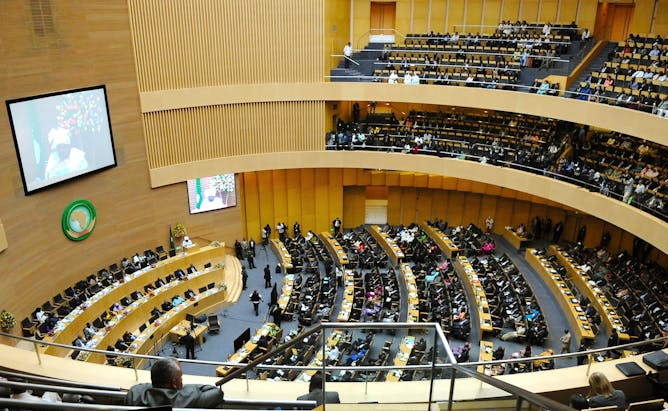
The reform of the operations of the African Union is key to its future.
US Department of State/Flickr
Linda Darkwa, University of Ghana
The election of commissioners is a key step in the reform process of the African Union Commission.
|

When women do science, society benefits in myriad ways.
Solskin/Stock image/Getty Images
Natasha Joseph, The Conversation; Ogechi Ekeanyanwu, The Conversation; Wale Fatade, The Conversation
Less than 30% of researchers worldwide are women. The biases and perceptions that keep women and girls out of STEM must be tackled.
|
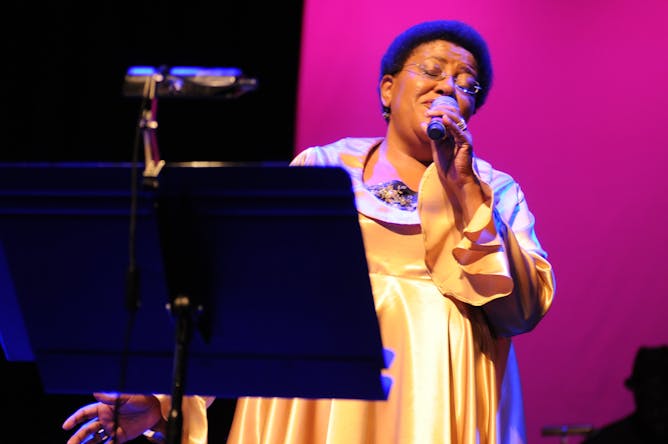
Sibongile Khumalo performing in London in 2009.
Brigitte Engl/Redferns
Nomfundo Xaluva, University of Cape Town
She was the glue that bound younger artists together, helping them navigate the volatile terrain of the music industry.
|
Arts, Culture + Society
|

Wycliffe W. Njororai Simiyu, University of Texas at Tyler
Will an African nation ever win the Football World Cup? Key moments in past tournaments offer hope -- and a warning that the continent needs to invest in the game.
| |
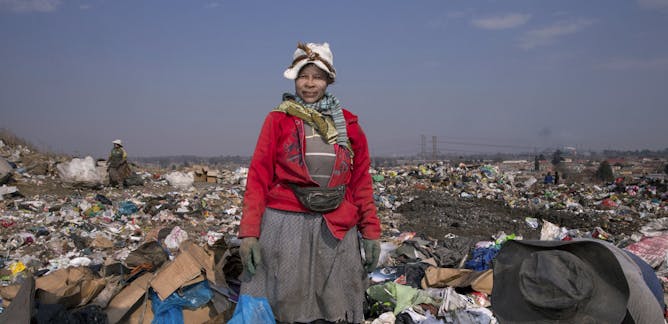
Mehita Iqani, University of the Witwatersrand
From oil disasters in Mauritius to street artists in South Africa, the story of rubbish in the media helps shape popular culture and environmental change.
|
|
|
Politics
|
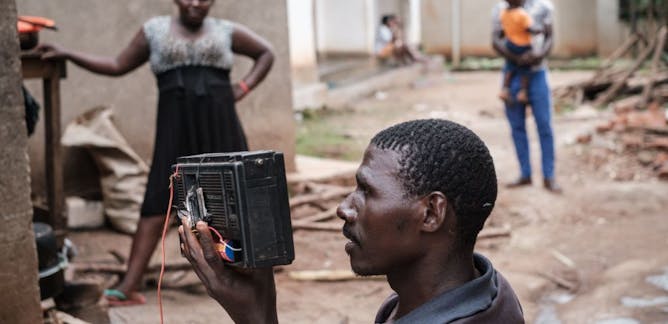
Moses Khisa, North Carolina State University
For those keen to advance democracy and freedom in Uganda, the starting point is to take in the lessons of history.
| |
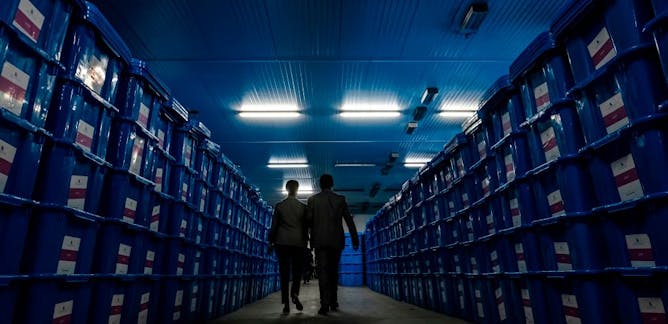
Girmachew Alemu, Addis Ababa University
Ethiopia’s party system is extremely volatile due to the prevalence of weakly institutionalised and fragmented political parties.
|
|
|
Health + Medicine
|

Daniel Oladimeji Oluwayelu, University of Ibadan
Giving money to support local production of COVID-19 vaccines is a step in the right direction if it will help in resuscitating Nigeria's vaccine production laboratory.
| |
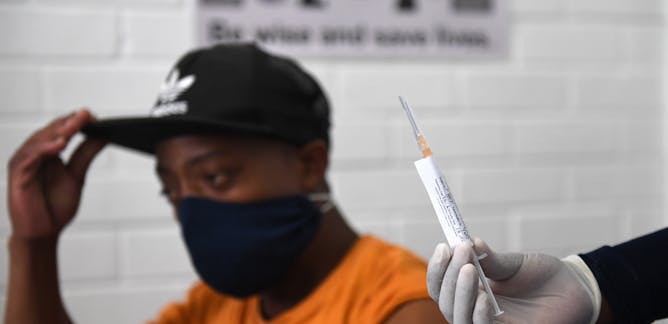
Andy Gray, University of KwaZulu-Natal
Advocates for medicines that are unregistered in South Africa have accused the regulatory authority of not being proactive in bringing such products to market and approving their use.
|
|
|
Environment + Energy
|
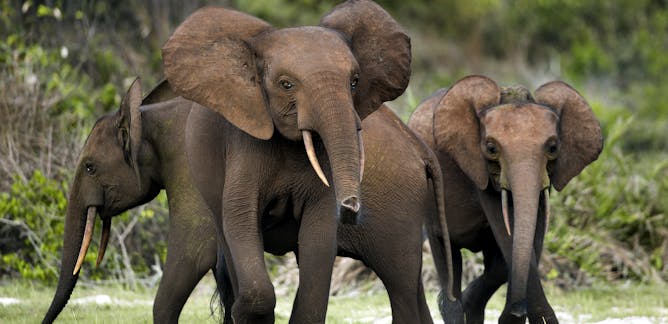
Emma Bush, Royal Botanic Garden Edinburgh (RBGE); Katharine Abernethy, University of Stirling; Robin Whytock, University of Stirling
In Gabon's Lopé National Park, between 1986 and 2018, there's been a massive collapse in tree fruiting events.
| |
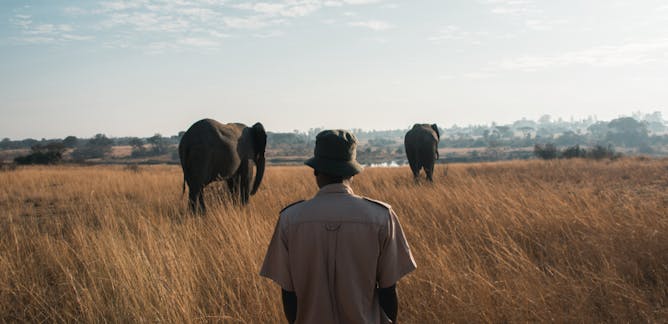
Tafadzwa Mushonga, University of Pretoria
Forest rangers were subjected to occupational violence by their employers. This in turn can provoke a violent reaction to illegal activities, resulting in violent policing tendencies.
|
|
|
Science + Technology
|

Marina Joubert, Stellenbosch University
In recent years, a growing body of academic research has emerged that outlines how emojis can be used in all forms of communication.
| |
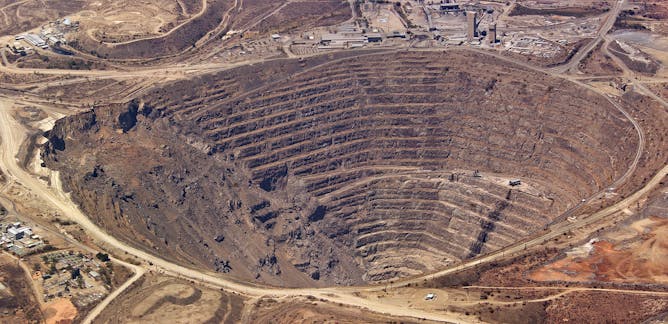
Michelle A. North, University of KwaZulu-Natal; Lauren Hoyer, University of KwaZulu-Natal; Warwick William Hastie, University of KwaZulu-Natal
It seems the production of Earth science knowledge in Africa is simply not progressing, despite the world's interest in (and exploitation of) the continent's mineral wealth.
|
|
|
| |
Featured events
|
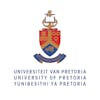
|
Future Africa, Hillcrest Campus, South Street, Pretoria, Gauteng, 0084, South Africa — University of Pretoria
|
|
|
|
| |
| |
| |
Would you like to republish any of these articles?
|
|
It’s free to republish, here are the guidelines.
Contact us on africa-republish@theconversation.com in case you need assistance.
|
| |
| |
| |
| |
|
|
|
|
|
|
|